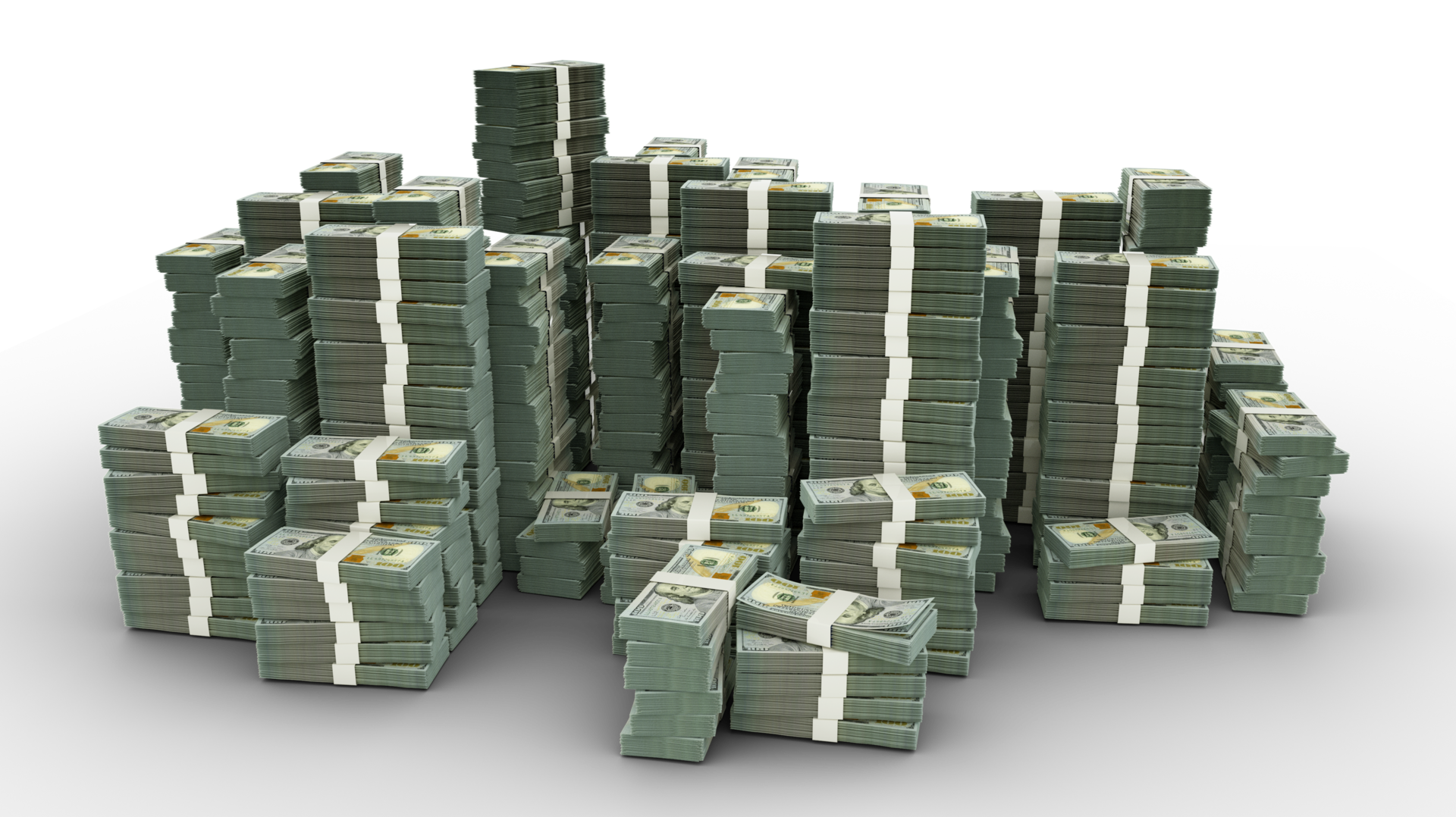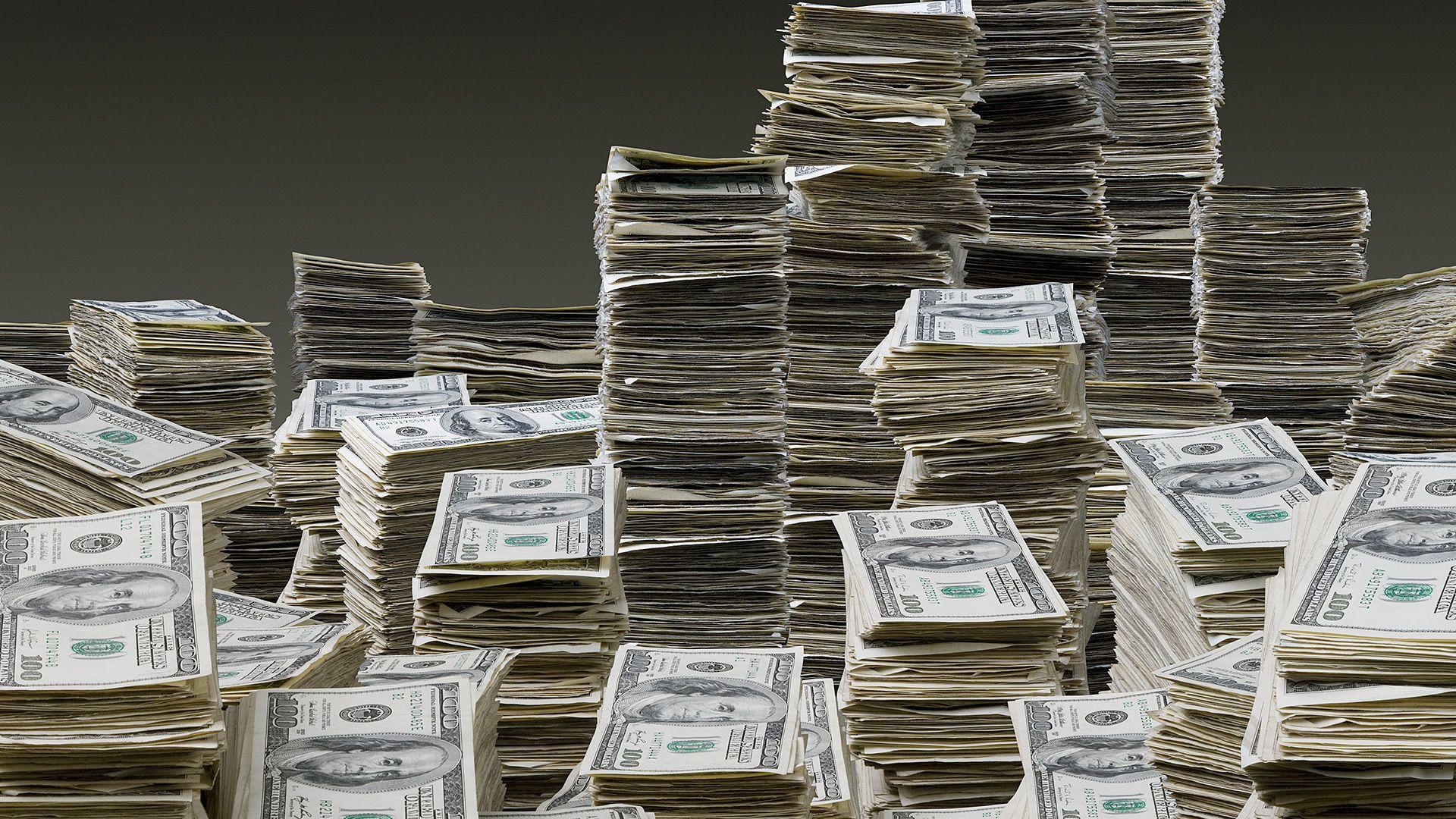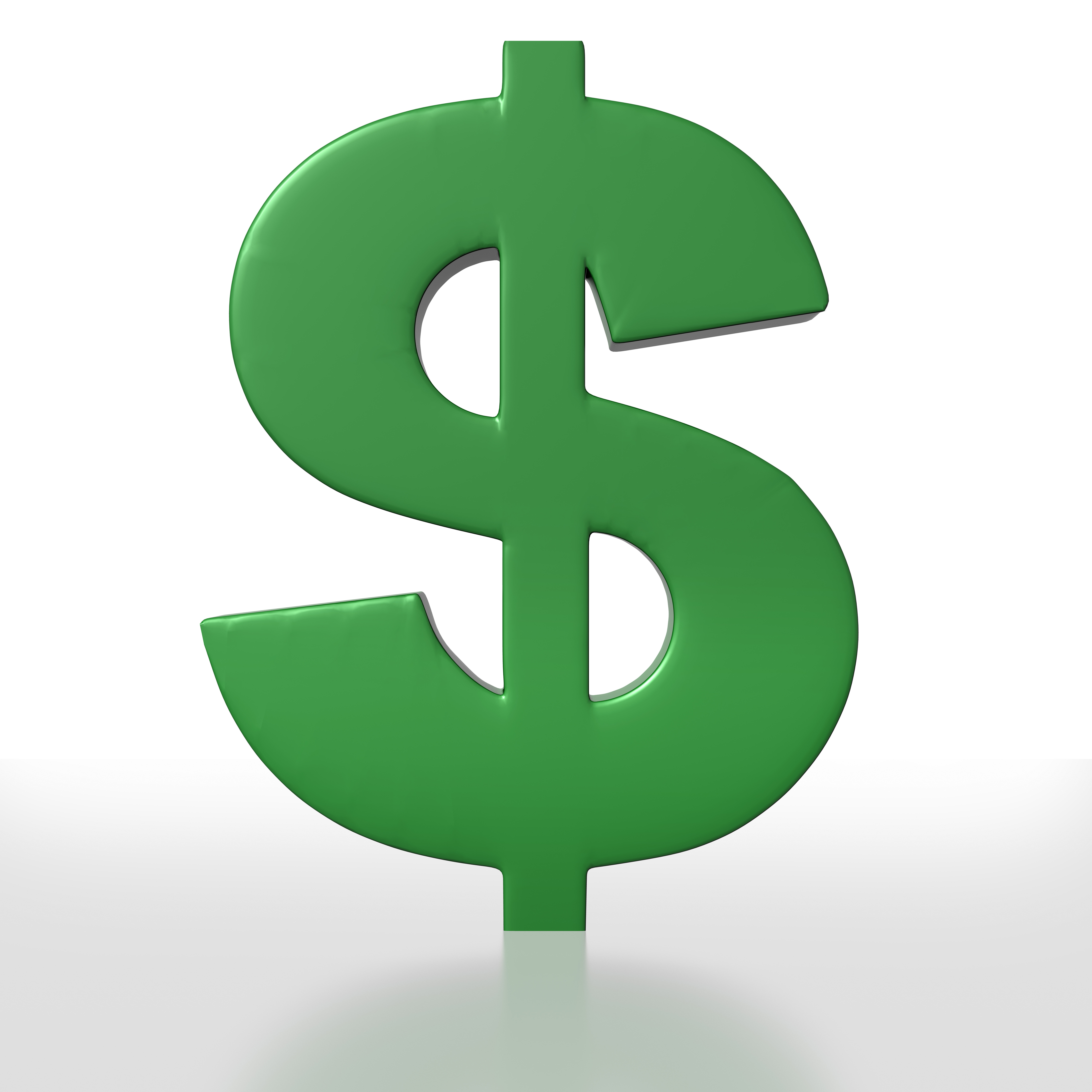Have you ever stopped to think about what money really is? It is, you know, more than just the coins in your pocket or the numbers on a screen. For many of us, it feels like a simple tool for buying things, but there is so much more to it, a kind of secret charm that helps our daily lives tick along. This shared item, which we all agree to accept, has been helping people improve their circumstances for a very long time, over five decades, actually, shaping how we live and what we can achieve.
This idea of money, this thing we use for swapping goods and services, holds a special sort of influence. It is, in some respects, a common language that lets us put a value on almost anything, from a fresh loaf of bread to a cozy place to live. It is a symbol, really, of what we collectively believe something is worth, making it a powerful force in how we interact and trade with one another. When we think about it, the way it works is almost, well, a little bit like magic.
Getting a handle on this secret power, how it works, and how it can help you, is pretty important for feeling good about your own finances. Knowing where to get reliable bits of information, helpful learning materials, and practical aids can make a real difference. It helps you make smart choices about your resources, guiding you toward feeling more secure and comfortable with your financial standing, which is, you know, a very good feeling to have.
Table of Contents
- What Gives Money Its Special Power?
- The Shared Belief in Money's Hidden Magic
- How Does Money Help Us Live Our Lives?
- Making Daily Life Flow with Money's Hidden Magic
- Can Money Really Help You Feel Better?
- Finding Places for Money's Hidden Magic to Grow
- Keeping Up with the Money World
- Is Your Happiness Tied to Your Wallet?
- How Do Different Places Handle Money?
What Gives Money Its Special Power?
Think about a simple piece of paper currency. By itself, it is just paper, with some ink on it. It does not grow food, it cannot build a house, and it certainly cannot give you a warm hug. Yet, we all accept it as valuable. This acceptance, this shared agreement among people, is what gives money its true influence. It is a collective belief, a kind of unspoken promise, that makes that piece of paper, or that number in a bank account, something we can trade for things we actually need and want. This collective agreement is, in some respects, the very core of money's hidden magic, making it a universal item for swapping things.
This agreed-upon value means money works as a common way to talk about what something is worth. When you see a price tag on an item, that number tells you its value in a way everyone who uses that currency can readily grasp. It helps us compare different things, like deciding if a new gadget is worth more or less than a week's worth of groceries. This ability to express values, to put a measurable amount on things, simplifies trade and makes our economic interactions so much smoother. It is a pretty fundamental part of how our societies operate, you know.
The Shared Belief in Money's Hidden Magic
Money, in its most basic form, is just a way to show a perceived value. It could be anything, really, that a group of people decides to accept for trade. Historically, things like salt, shells, or even large stones have served as money in different cultures. What makes them money is not their inherent physical qualities, but the shared understanding that they can be exchanged for goods and services. This symbolic nature, where the item itself holds no intrinsic worth but represents something valuable, is a fascinating aspect of money's hidden magic. It is this shared perception that allows us to use it for buying and selling almost anything, from a morning coffee to a new car, making everyday transactions straightforward and efficient. It is, like your, a very clever system.
How Does Money Help Us Live Our Lives?
Consider your average day. You might buy a snack, pay for a ride on public transport, or perhaps cover the cost of a bill for something you used. All these small actions rely on money as a way to make things happen. It is the grease in the gears of our daily existence, allowing us to acquire the items and services that keep our lives comfortable and moving forward. Without a commonly accepted medium for exchange, every transaction would become a complicated bartering session, which would be, you know, incredibly difficult to manage. Money helps simplify these interactions, making life feel a little less complicated, more manageable.
Money also acts as a way to store value for the future. You do not have to spend all your earnings right away. You can keep some aside, knowing that it will hold its purchasing power for later use. This function allows us to plan for big purchases, save for unexpected events, or put aside resources for retirement. It is not just about immediate spending; it is about building a cushion and working towards longer-term aspirations. This capacity to hold value over time is, actually, a very practical aspect of money, giving us a sense of security and possibility.
Making Daily Life Flow with Money's Hidden Magic
The everyday use of money makes our lives flow with ease. Imagine needing to trade a specific skill or item directly for everything you wanted. If you were a baker, you would need to find a shoemaker who wanted bread, and then hope the shoemaker's shoes were what you needed. Money cuts through all that. It lets the baker sell bread to anyone, get money, and then use that money to buy shoes from any shoemaker. This simplicity, this directness, is a significant part of money's hidden magic. It makes it possible for people to specialize in what they do best, knowing they can use their earnings to get everything else they require, creating a pretty efficient way for people to live and work together.
Can Money Really Help You Feel Better?
The connection between how much money you have and how happy you feel is a topic people often discuss. It is a bit more nuanced than a simple yes or no answer. While money itself might not directly buy pure happiness, it can certainly provide things that contribute to a greater sense of well-being. Having enough money can mean less worry about basic needs, like food, shelter, and medical care. This reduction in stress, this feeling of safety, can definitely make a person feel more settled and content. It is about the freedom from constant financial pressure, which, you know, allows for a more peaceful state of mind.
Beyond basic needs, money can also open doors to experiences that enrich life. It could mean taking a trip to see a new place, pursuing a hobby that brings you joy, or even having the means to help others. These kinds of experiences and acts of generosity can bring deep satisfaction and contribute to a feeling of purpose. So, while money itself is not happiness, it can be a tool that helps create conditions where happiness is more likely to grow. It is, basically, about what you do with it, and how it helps you live the life you want.
Finding Places for Money's Hidden Magic to Grow
For those looking to make their money work harder, there are different ways to put it to use. Thinking about where to put your funds right now is a common question, and there are many avenues to explore. Some people might consider putting their money into various types of ventures, like owning a piece of a business through shares, or perhaps lending money to a company or government for a return. Others might look at physical assets, such as properties, as a way for their money to increase in value over time. Each option comes with its own set of considerations, its own ways that money's hidden magic might play out, and what suits one person might not be the best fit for another. It is, like your, about figuring out what feels right for your own situation and goals.
Keeping Up with the Money World
The financial world is always moving, with new developments happening all the time, both close to home and across the globe. Staying informed about the latest reports on national and international economic conditions, personal money matters, the stock markets, and property values can be really helpful. This information helps people make smarter choices about their own money, understanding how bigger events might affect their own pockets. For instance, what happens in a far-off country could, in a way, influence the cost of things you buy every day, or the value of your savings. So, keeping an eye on these happenings is, you know, a pretty sensible thing to do.
Is Your Happiness Tied to Your Wallet?
This is a question many people ponder, and the answer is not a straightforward one. While having enough money to meet your basic needs and feel secure can certainly reduce stress and contribute to a sense of well-being, research often shows that beyond a certain point, more money does not necessarily equate to more happiness. What often matters more are things like strong personal connections, a sense of purpose, good health, and contributing to something bigger than yourself. Money can facilitate these things, perhaps by allowing you more time for relationships or enabling you to pursue meaningful work, but it is rarely the sole source of deep contentment. It is, basically, a tool, and how you use it, or how it helps you live your life, is what really counts for your overall satisfaction.
How Do Different Places Handle Money?
It is fascinating to think about how money works in different parts of the world. The specific ways money is set up and used can vary quite a bit from one country to another, and from one type of government to another. Each place has its own set of rules, its own traditions, and its own system for how money is created, distributed, and exchanged. This means that what counts as money, how it is valued, and how it moves through the economy can look very different depending on where you are. These variations show that money is not a fixed, universal thing, but rather a flexible idea that changes based on collective agreement and the specific needs of a community or nation. It is, you know, a pretty interesting way to see how diverse our world truly is.
So, we have talked about how money is more than just paper or numbers; it is a shared belief that gives it power. We have explored how it helps us in our daily lives, making transactions easier and allowing us to save for the future. We also considered the link between money and feeling good, recognizing that while it helps with security and experiences, it is not the only thing that brings joy. We touched on different ways to grow your money and why staying informed about financial news is helpful. Finally, we looked at how different places around the globe have their own unique money systems. All these aspects together paint a picture of money's hidden magic, showing it as a powerful tool shaped by human agreement and purpose.



Detail Author:
- Name : Dr. Micah O'Hara
- Username : birdie27
- Email : casimer76@wolf.net
- Birthdate : 1979-12-23
- Address : 557 Padberg Harbors Apt. 314 East Manuelberg, IN 81371
- Phone : +1-715-310-4819
- Company : Mills-Hayes
- Job : Sheet Metal Worker
- Bio : Optio pariatur nobis quia voluptas dicta at qui. Eveniet sint veritatis expedita ipsa dolorem. Est iusto molestias dolorem ipsum enim repudiandae. Molestiae sunt ea magnam quas eum est.
Socials
twitter:
- url : https://twitter.com/susie_real
- username : susie_real
- bio : Labore qui aut dolorem quod fuga voluptates. Autem quam aliquid consequatur. Ut non deleniti qui.
- followers : 778
- following : 195
instagram:
- url : https://instagram.com/susiemitchell
- username : susiemitchell
- bio : Sint odit nobis aut. Dolor enim sit dolorum qui eveniet ipsam id. Id quia veniam in quis vel et.
- followers : 6705
- following : 2869

